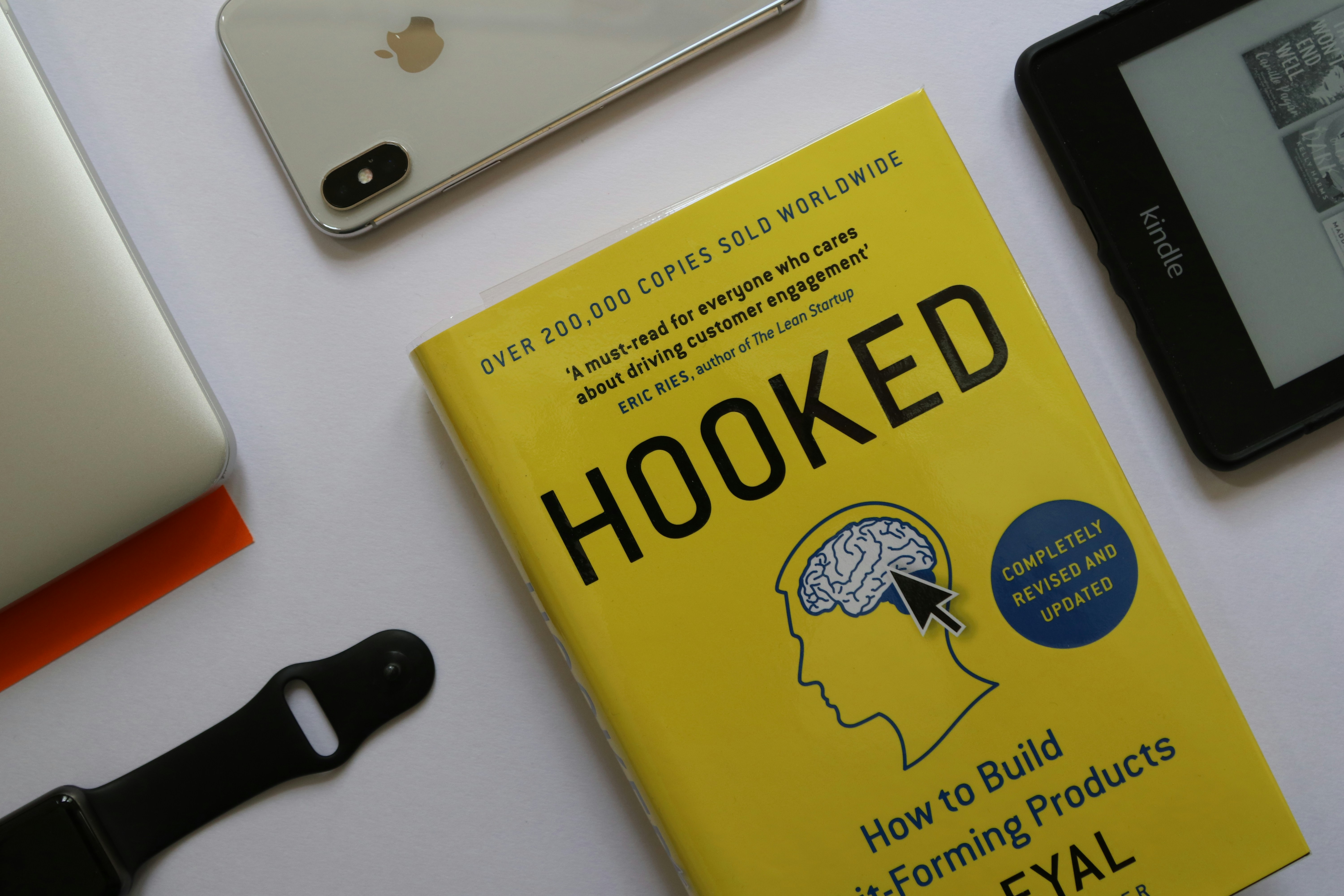The Surprising Link Between Board Games and Emotional Intelligence
Published on October 20, 2024
The Surprising Link Between Board Games and Emotional Intelligence

In an age dominated by screens and digital entertainment, the humble board game is making a surprising comeback. But beyond just providing a fun family activity, board games may actually be a powerful tool for developing emotional intelligence and strengthening relationships.
Recent studies have shown that playing board games can have significant benefits for emotional and social development, especially in children and teens. Here are some of the ways board games can boost emotional intelligence:
1. Reading Social Cues
Many board games require players to interpret the facial expressions, body language, and tone of voice of other players. Games like Poker or Werewolf explicitly challenge players to detect bluffing or deception. This hones the ability to pick up on subtle social and emotional cues - a key component of emotional intelligence.
2. Managing Emotions
Board games inevitably involve both winning and losing. Learning to gracefully handle victory and defeat helps develop emotional regulation skills. Games also often involve moments of frustration, excitement, or tension - providing opportunities to practice managing a range of emotions in a low-stakes environment.
3. Practicing Empathy
Many modern board games involve cooperative elements or role-playing. This encourages players to consider the perspectives and feelings of others - whether that's your teammates or the character you're embodying. Cultivating empathy is crucial for emotional intelligence.
4. Enhancing Communication
From negotiating alliances in strategy games to describing a word in Pictionary, board games provide endless opportunities to practice clear and effective communication. The ability to express oneself and understand others is fundamental to emotional intelligence.
5. Developing Self-Awareness
Board games often reveal our strengths, weaknesses, and tendencies. A player might realize they have a competitive streak, or that they excel at creative thinking. This self-knowledge is a cornerstone of emotional intelligence.
Making it a Family Habit
To harness these benefits, consider instituting a regular family game night. Here are some tips to make it successful:
- Choose games appropriate for the ages and interests of your family members
- Rotate who picks the game each week to ensure everyone stays engaged
- Use the game as a springboard for discussions about strategy, emotions, and social dynamics
- Focus on the fun and bonding, not just on winning
- Be mindful of time - it's better to end on a high note than to drag on too long
By making board games a regular part of family life, you're not just creating fun memories - you're actively nurturing emotional intelligence and strengthening family bonds.
Next time you're tempted to turn on the TV or retreat to separate devices, consider breaking out a board game instead. You might be surprised at the conversations, laughter, and learning that ensue.
If you're looking for more ways to enhance family communication and emotional intelligence, check out Thinker - an AI-powered tool designed to help families mediate conflicts, improve communication, and support mental well-being.


